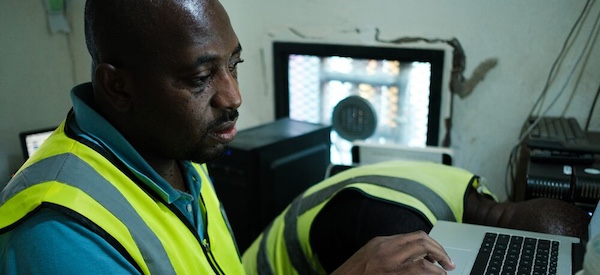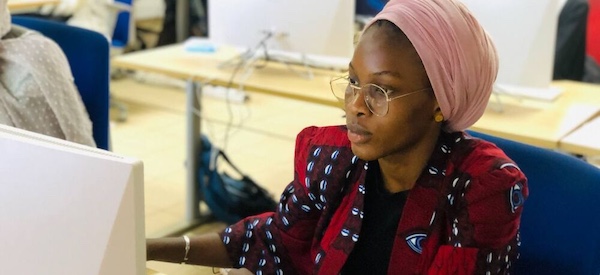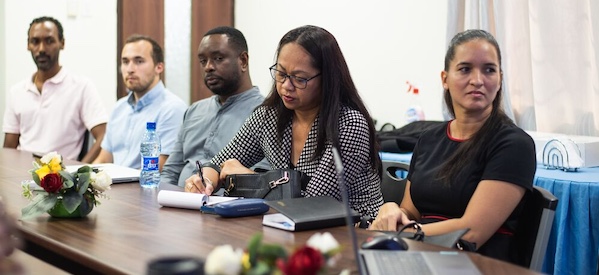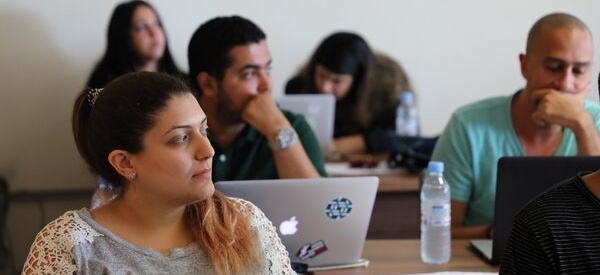Defending the Internet
in the United Nations
Whether they know it or not, governments are increasingly adopting misguided policies that are slowly making the Internet less open, secure, and accessible.
These policy decisions are often made in forums like the United Nations, with limited input from non-government stakeholders.
The Internet should not be regulated or shaped in a top-down manner. Its governance should be determined by processes that are inclusive and driven by consensus. We get better answers to global questions when a range of experts and interested parties can meaningfully participate in the discussion, known as the multistakeholder approach.
Creating a clear and simple way for everyone—regardless of background—to bring their voice to the governance table is critical to preserving the open, accessible Internet we know and love today.

Defending the Internet
We will focus on reaffirming the multistakeholder approach and reinforcing the Internet Society as a trusted and expert partner by:
- Engaging in carefully chosen standardization meetings at both global and regional levels.
- Joining forces with experts and partners across the Internet to emphasize the value of a multistakeholder approach.
- Advocating for a single, global Internet and against choices that could fragment it and its multistakeholder governance.
- Leveraging our portfolio of tools and resources—like the Internet Impact Assessment Toolkit and the Internet Fragmentation Explainer—to inform policymakers, diplomats, and government officials how to make choices that do not harm the Internet.
Event Updates
The Internet Society at WSIS+20 Forum High-Level Event
Initial Views on Global Digital Compact Rev.1
After NETmundial+10, New Ideas Under Reaffirmed Principles
Our Contributions
26 June 2024
3 May 2024
April 2023
Get Involved




News
It Takes a Community to Defend the Internet
What Governments Can Learn from Canada when Regulating Online Harms
Your Chance to Be the Changemaker
Uniting the Internet at IGF 2021
The Opportunity Your Future Needs: How I Helped Build the Internet and My Career
Open Call To The Next Generation of Internet Leaders – Apply for the IGF Youth Ambassadors Program
Image copyright:
© UN Photo/Joao Araujo Pinto, © Richard Stonehouse, © Nyani Quarmyne, © Gagny Traoré, © Randy Berghout, © Urban Pixel Lebanon